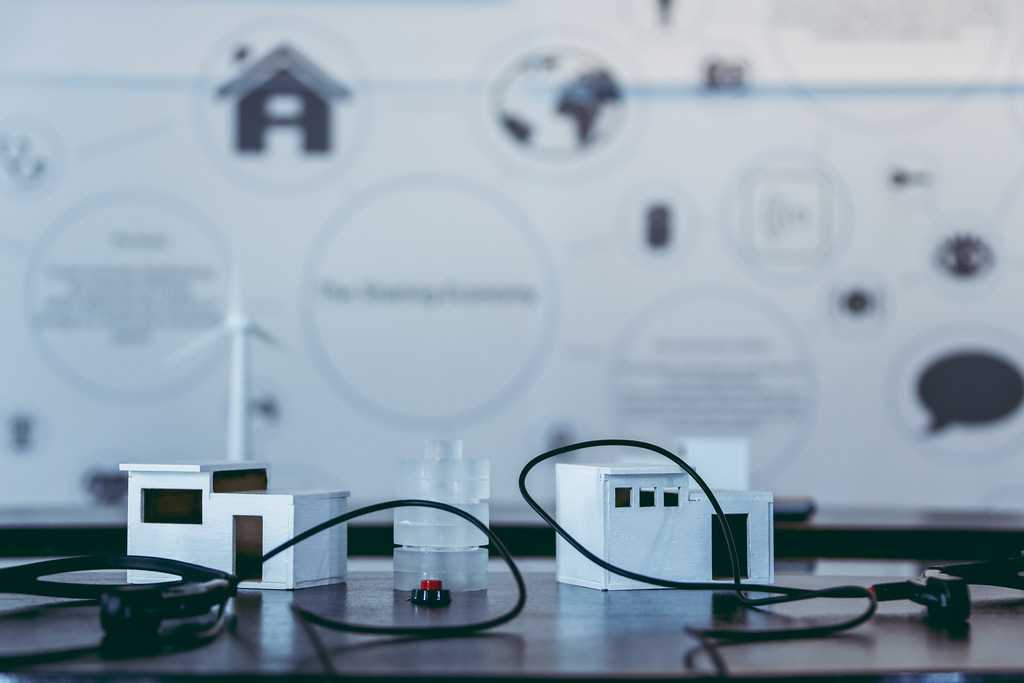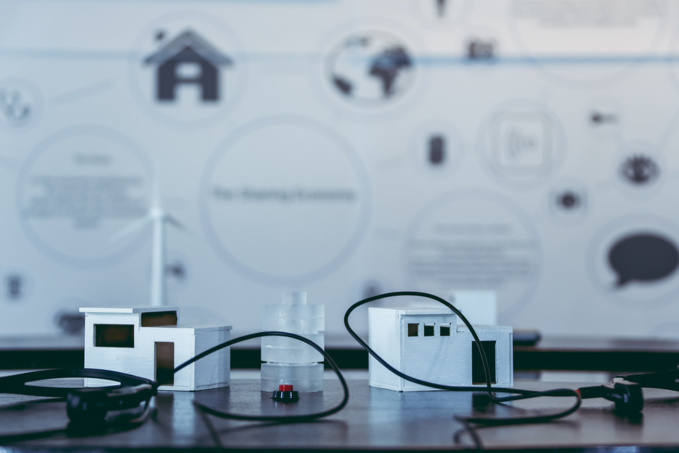In the next five years, the joint project will enable payments with Visa cards via Internet-connected devices based on IBM’s artificial intelligence system IBM Watson IoT. The online system assesses needs and habits of the consumer, gives advice and recommendations on more efficient use of resources, finds products, reminds to extent car insurance, and so on. Presently, more than 6 thousand people use the system to gain access to several million devices, sites, services, etc. Visa at the moment has more than 3 billion customers worldwide.
Visa and IBM noted that the project allows users to take advantage of a rapidly growing artificial intelligence system that analyzes consumption habits of users. According to estimates of both companies, the system will operate more than 20 billion devices of all kinds by 2020 - from smartphones and tablets to ‘smart’ homes, cars, wearable smart devices, etc. "The combination of leading high-tech industry and payment services stimulates development … of a new phase of trade and market services, allowing to make payments through any connected device. The user will have at their disposal a service with a new level of simplicity and security", - said Harriet Green, director of IBM Watson IoT.
As an example, the company cites possibility of paying for goods and services with Internet-connected on-board computer in a car. IBM believes that more than 380 million cars will be permanently connected to the Internet by 2021. On-board computers, connected to artificial intelligence and IoT system from IBM, will keep analyzing and diagnosing condition of the car and. If necessary, the system will notify the owner about a malfunction and will offer to order the component part paying via Visa. The same on-board computer can remind the owner that validity of the insurance ends soon, and offer to extend it without leaving the car.
Owners of wearable smart devices will receive a similar opportunity. For instance, if you have a wearable and like to jog, there are some applications for you to assess not only the distance traveled, but also degree of wear of your shoe. As the material wears, the fitbit can advise to replace a particular detail on the shoes or buy a new pair, taking into account the user's location and comparing prices at different stores. The owner can pay for the purchase immediately, using the same bracelet.
It is noteworthy that the joint project between the two American companies was announced not in the United States, but in Munich, at IBM Center for Artificial Intelligence and Internet of Things. The company believes that deployment of such a center in Europe instead of the United States allows to reach maximum number of markets. Thus, the location is the most appropriate to reach global goals. "Munich was chosen for several reasons: firstly, Bavaria and the whole Germany is located in the heart of development of the high-tech industry 2.0, and secondly, we wanted to place our center in a location that would allow us to reach maximum number of regions, and Europe now provides more opportunities to connect with Asian markets than the US does."
source: finextra.com
Visa and IBM noted that the project allows users to take advantage of a rapidly growing artificial intelligence system that analyzes consumption habits of users. According to estimates of both companies, the system will operate more than 20 billion devices of all kinds by 2020 - from smartphones and tablets to ‘smart’ homes, cars, wearable smart devices, etc. "The combination of leading high-tech industry and payment services stimulates development … of a new phase of trade and market services, allowing to make payments through any connected device. The user will have at their disposal a service with a new level of simplicity and security", - said Harriet Green, director of IBM Watson IoT.
As an example, the company cites possibility of paying for goods and services with Internet-connected on-board computer in a car. IBM believes that more than 380 million cars will be permanently connected to the Internet by 2021. On-board computers, connected to artificial intelligence and IoT system from IBM, will keep analyzing and diagnosing condition of the car and. If necessary, the system will notify the owner about a malfunction and will offer to order the component part paying via Visa. The same on-board computer can remind the owner that validity of the insurance ends soon, and offer to extend it without leaving the car.
Owners of wearable smart devices will receive a similar opportunity. For instance, if you have a wearable and like to jog, there are some applications for you to assess not only the distance traveled, but also degree of wear of your shoe. As the material wears, the fitbit can advise to replace a particular detail on the shoes or buy a new pair, taking into account the user's location and comparing prices at different stores. The owner can pay for the purchase immediately, using the same bracelet.
It is noteworthy that the joint project between the two American companies was announced not in the United States, but in Munich, at IBM Center for Artificial Intelligence and Internet of Things. The company believes that deployment of such a center in Europe instead of the United States allows to reach maximum number of markets. Thus, the location is the most appropriate to reach global goals. "Munich was chosen for several reasons: firstly, Bavaria and the whole Germany is located in the heart of development of the high-tech industry 2.0, and secondly, we wanted to place our center in a location that would allow us to reach maximum number of regions, and Europe now provides more opportunities to connect with Asian markets than the US does."
source: finextra.com



















